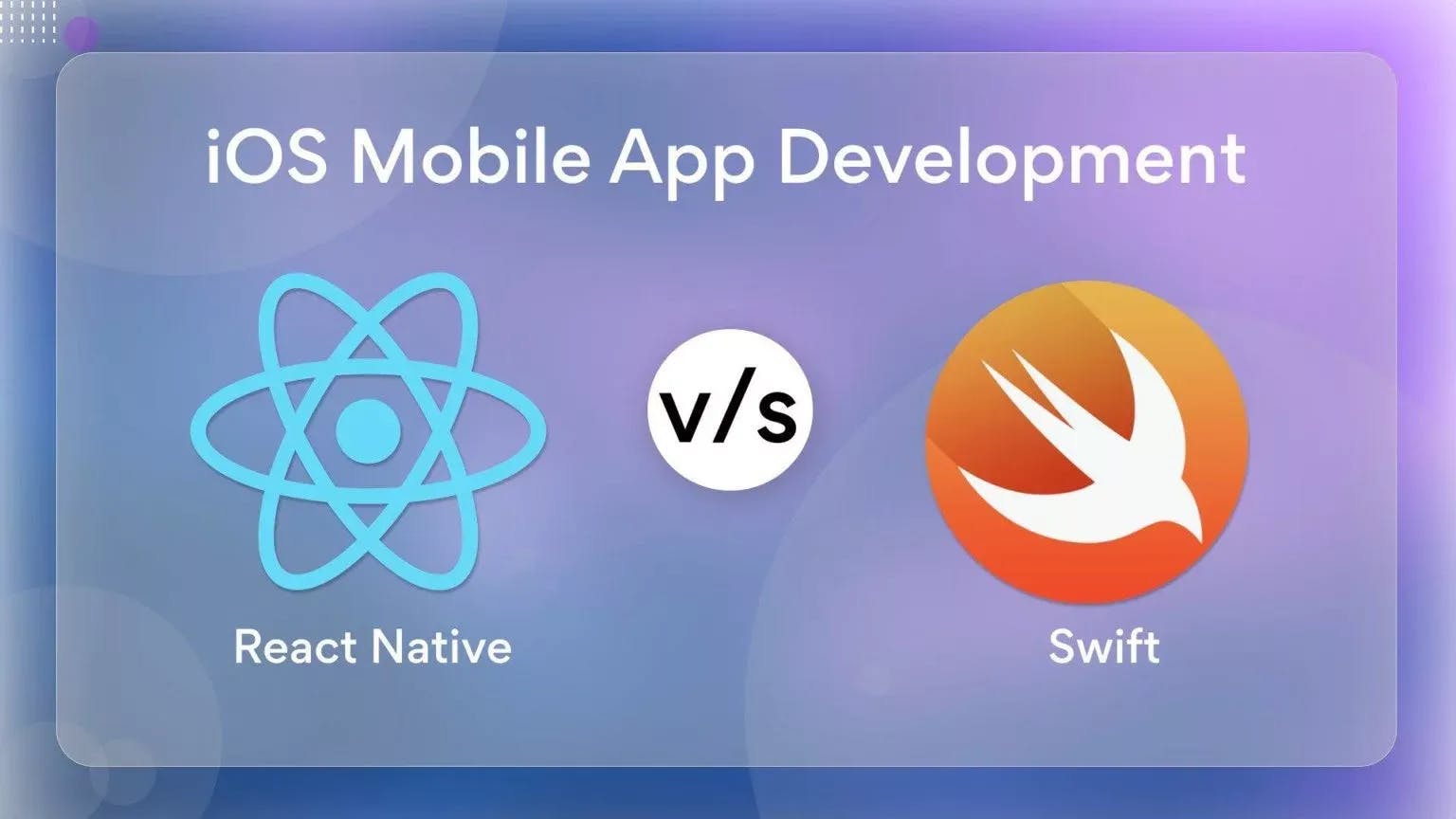Remote senior DevOps engineer jobs with U.S. companies
We, at Turing, are looking for experienced remote senior DevOps engineers with a track record of building complex infrastructure and facilitating the integration of IT operations and development teams to join leading U.S. software companies.
Find remote software jobs with hundreds of Turing clients
Job description
Job responsibilities
- Promote infrastructure best practices like security, release management and monitoring
- Facilitate the building and releasing of features by engineering team
- Take part in building a secure and highly available platform
- Build tools and processes that increase the productivity of other engineers
- Implement and optimize CI/CD pipelines while accounting for performance
- Drive technical innovation and efficiencies in operational infrastructure
- Manage and own the production and non-production environments for efficient delivery
Minimum requirements
- Bachelor’s/Master’s degree in Computer Science (or equivalent experience)
- 5+ years of experience in multi-disciplinary DevOps teams
- Familiarity with DevOps concepts, Continuous Delivery and TDD
- Proficiency in designing, testing and delivering secure cloud runtime environments
- Solid foundation in Linux administration and troubleshooting
- Expert understanding of CI tools such as Jenkins, Travis, Azure DevOps, etc.
Preferred skills
- Experience with configuration management tools (Puppet, Chef, Ansible etc.)
- Experience building large-scale, highly distributed systems and system automation
- Solid written and verbal communication skills
- Solid understanding of modern web architectures and security best practices
- Knowledge of microservice architecture paradigms
- Ability to prioritise issues, manage operations concerns and advocate for improvements
- Experience implementing and maintaining compliance with various security standards
Interested in this job?
Apply to Turing today.
Why join Turing?
1Elite US Jobs
2Career Growth
3Developer success support
How to become a Turing developer?
Create your profile
Fill in your basic details - Name, location, skills, salary, & experience.
Take our tests and interviews
Solve questions and appear for technical interview.
Receive job offers
Get matched with the best US and Silicon Valley companies.
Start working on your dream job
Once you join Turing, you’ll never have to apply for another job.

How to become a senior DevOps engineer ?
Senior DevOps engineers, often known as senior developers, supervise teams of junior software developers. Their responsibilities include providing guidance on how to align operations with information systems, producing code and scripts, and ensuring that software is deployed smoothly. They must also test software and troubleshoot information system issues. The Senior DevOps Engineer collaborates with application developers to automate and speed application testing, release, and deployment into a runtime environment. The Senior DevOps Engineer jobs require experience with development, operations, and full-stack deployments.
DevOps is all about bringing processes together and automating them, and DevOps experts are crucial in bringing code, application maintenance, and application administration together. All of these responsibilities necessitate a thorough understanding of not only development life cycles, but also DevOps culture, including its philosophy, methods, and tools.
What is the scope of senior DevOps engineers?
The market's demand for DevOps has risen, resulting in a higher demand for a professional DevOps staff. Almost every organisation is using cloud services for its operations, which necessitates the hiring of professionals. If you come from an IT background, studying DevOps is a must-have skill to begin your career. DevOps has a bright future ahead of it, with multiple answers to IT issues. There's no denying that DevOps professionals are well compensated and diligent. DevOps is a fantastic strategy that many IT organisations are currently using to give more dependable and faster solutions to their customers.
It's no surprise, then, that companies all over the world are rapidly adopting DevOps-related technologies and processes for continuous integration and delivery of software-based goods and services. DevOps expertise are in high demand as businesses try to remain ahead of the competition by implementing DevOps-related technologies. Leading job search websites such as indeed.com have seen a 75 percent spike in DevOps job listings, while social media sites such as LinkedIn have seen a 50 percent increase in mentions of DevOps as a skill.
What are the roles and responsibilities of a senior DevOps engineer?
DevOps engineers simplify the process by bridging the gap between the activities required to swiftly alter an application and the tasks required to keep it reliable. IT operations teams and development teams may have diverse talents and objectives. Developers want to add new features to a programme, while operations teams want to ensure that it remains stable after it is published. DevOps is all about bringing processes together and automating them, and DevOps experts are crucial in bringing code, application maintenance, and application administration together. All of these responsibilities necessitate a thorough understanding of not only development life cycles, but also DevOps culture, including its philosophy, methods, and tools. Developers, system administrators, and programmers can be segregated in an agile environment, working on the same product but not sharing the knowledge needed to provide value to the user.
Some companies may pay people to "perform DevOps" within their workflows, but because successful DevOps adoption requires changes in culture and method, this may only serve to exacerbate the divide between developers and operational teams. The major responsibilities in a senior DevOps engineer job are as follows:
- Consultation with management on software solution operational requirements.
- Expertise on information system options, risk, and operational impact is being shared.
- Providing guidance to junior software developers as they acquire experience and take on DevOps duties.
- Managing solution installation and configuration.
- Working with developers on software requirements and evaluating data from the test stage.
- Designing automated module deployments and developing interface simulators.
- Updates to code and scripts, as well as product implementation faults, must be completed.
- Performing diagnostic tests and supervising standard maintenance procedures.
- Processes are being documented, and performance indicators are being tracked.
- Network management and cybersecurity best practises are followed.
How to become a senior DevOps engineer?
Anyone who has completed the required training process to become a DevOps Engineer, whether they are a fresher, Quality Assurance specialist, Ops or Developer, can become a DevOps Engineer. To get a senior DevOps engineer job, one must be familiar with many tools and be able to use various deployment, testing, and development technologies.
A person who wants to be a DevOps Engineer must first master some of the fundamental DevOps technologies. AWS, Python, and Linux are the Foundation Technologies. Every DevOps Engineer should be able to perform these tasks. These are the industry's three most important pillars. A DevOps Engineer must always be up to date and relevant to the most recent updates. You should have substantial experience in DevOps engineering and supervising junior developers to succeed as a senior DevOps engineer. Outstanding senior DevOps engineers improve and optimise the software performance of an organisation.
Let's take a look at the abilities and techniques you'll need to become a good senior DevOps engineer:
Interested in remote Senior DevOps Engineer jobs?
Become a Turing developer!
Skills required to become a senior DevOps engineer
Most businesses have begun to implement DevOps principles, making senior DevOps Engineer one of the most sought-after professions in the IT industry today, with a competitive compensation. So, what are the talents that companies are seeking for in a DevOps engineer? Let's look at the six most important DevOps talents that employers are looking for.
1. Linux fundamentals and scripting
The days of companies being concerned about proprietary operating systems are long gone. We are now living in the Linux era. The majority of businesses prefer to run their apps on Linux. As a result, a senior DevOps engineer's ability to work with the Linux operating system is critical. In addition, most configuration management technologies, such as Puppet, Chef, and Ansible, have Linux master nodes. DevOps is a type of automation that incorporates infrastructure provisioning automation. As a result, a senior DevOps engineer must be able to work with any scripting language and be well-versed in at least one of them (preferably Python). As a result, Linux and Linux-based scripting would be an unavoidable DevOps skill set.
2. Knowledge of various DevOps tools and technologies
DevOps methods are carried out in stages, each with its own set of tools to aid the process. The main stages are as follows:
Source code management: Developers generate and change software codes on a regular basis. Source code management software is used to store code, integrate new code into existing code, manage code versions, and so on. It also makes it easier for team members to work on source code. The most popular tools for this are Git, GitHub, and Gitlab.
- Configuration management: Software and operating system configurations are tracked through configuration management. It also aids in the management of thousands of servers' setups. It's done with a single command on the administration server or a click of a button. Configuration management technologies establish a remote connection to the target servers and push configuration changes, making life easier and more straightforward. The most popular configuration management tools are Puppet, Chef, and Ansible.
- Continuous integration: The act of automating the code integrations from various developers into a single piece of software is known as continuous integration, or CI. The main Continuous Integration tools are Jenkins and Bamboo.
- Continuous testing: Continuous testing is the technique of minimising the time it takes to receive feedback after a code test. Automation testing tools are used to test the code in the development environment. The most popular Continuous Testing tools are Selenium, Test Complete, and Testing Whiz.
- Continuous monitoring: Continuous monitoring is used to keep track of things like application performance, downtime, and error logs. Nagios, Zabbix, Splunk, and other tools are commonly used.
- Containerization: Containerization is the virtualization of an operating system such that multiple containers running different programmes can use the same operating system and resources. This is in contrast to the usual method of hardware virtualization, which involves sharing the system hardware among multiple virtual computers. Containerization's leading providers include Docker, Kubernetes, and vagrant.
3. Continuous integration and continuous delivery
The essence of DevOps is Continuous Integration and Continuous Delivery, or CI/CD. It is the process of continuously integrating code from many developers, testing it, and then deploying the successful code to production. Deploying to production will primarily necessitate spinning up new containers, which will be automated using scripts once again.
4. Infrastructure as code
Previously, deploying IT infrastructure was a time-consuming, labour-intensive procedure. With the advent of cloud computing and containerization technologies, developers can now provision infrastructure using an automated script. The script runs the necessary tasks and manages the configuration using one of the available configuration management tools. In a matter of seconds, the appropriate application platform or infrastructure is given.
5. Key concepts of DevOps
Unlike popular belief, DevOps is neither a technology nor a tool. It's a methodology that doesn't follow a set of rules. As a result, businesses can embrace the methodology by adapting the framework to their needs. The primary goal of the DevOps technique is to bring the Development and Operations teams closer together in order to bridge the gap between them and complete work more quickly. Companies can provide high-quality software significantly faster when they use the DevOps technique. To implement this process and produce software products on schedule, all of the tools and techniques mentioned above are used.
Interested in remote Senior DevOps Engineer jobs?
Become a Turing developer!
How to get remote senior DevOps engineer jobs?
It is quite fulfilling to work as a developer. However, a solid understanding of programming languages is required. It is suggested that you practise until you achieve perfection. Furthermore, having a product vision is necessary for being in sync with the team. Collaboration with team members and work prioritisation according to the long-term goal are aided by good communication skills.
Turing has made things a little easier for you in your quest for a remote senior DevOps engineer job. Turing has the top remote senior DevOps engineer jobs available to help you advance your career as a DevOps developer. Get full-time, long-term remote senior DevOps engineer job with greater income and career progression by joining a network of the world's greatest developers.
Why become a senior DevOps engineer at Turing?
Elite U.S. jobs
Long-term opportunities to work for amazing, mission-driven US companies with great compensation.
Career growth
Work on challenging technical and business problems using cutting-edge technology to accelerate your career growth.
Exclusive developer community
Join a worldwide community of elite software developers.
Once you join Turing, you’ll never have to apply for another job.
Turing's commitments are long-term and full-time. As one project draws to a close, our team gets to work identifying the next one for you in a matter of weeks.
Work from the comfort of your home
Turing allows you to work according to your convenience. We have flexible working hours and you can work for top U.S. firms from the comfort of your home.
Great compensation
Working with top U.S. corporations, Turing developers make more than the standard market pay in most nations.
How much does Turing pay their senior DevOps engineers?
Turing can assist you in recommending a pay range that will allow you to settle on a profitable and long-term opportunity. The majority of our recommendations are based on market conditions and our clients' demand. Turing, on the other hand, is a firm believer in adaptability. As a result, every senior DevOps engineer can set their own salary range based on their talents and experience.
Frequently Asked Questions
Latest posts from Turing
Leadership
Equal Opportunity Policy
Explore remote developer jobs
Based on your skills
- React/Node
- React.js
- Node.js
- AWS
- JavaScript
- Python
- Python/React
- Typescript
- Java
- PostgreSQL
- React Native
- PHP
- PHP/Laravel
- Golang
- Ruby on Rails
- Angular
- Android
- iOS
- AI/ML
- Angular/Node
- Laravel
- MySQL
- ASP .NET
Based on your role
- Full-stack
- Back-end
- Front-end
- DevOps
- Mobile
- Data Engineer
- Business Analyst
- Data Scientist
- ML Scientist
- ML Engineer
Based on your career trajectory
- Software Engineer
- Software Developer
- Senior Engineer
- Software Architect
- Senior Architect
- Tech Lead Manager
- VP of Software Engineering











